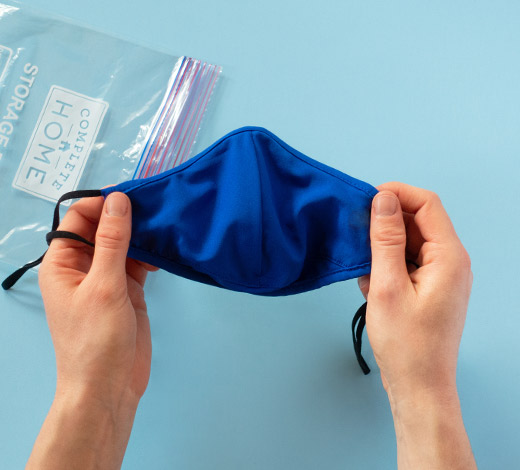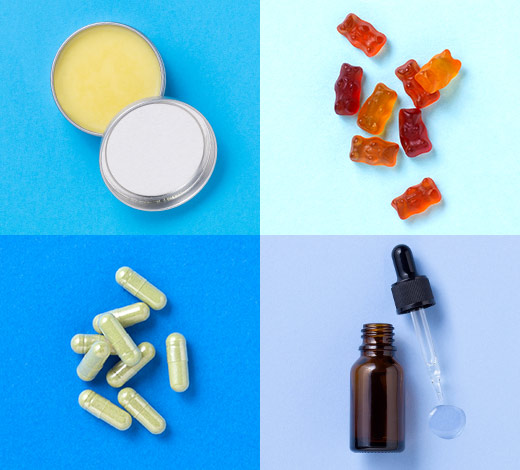What is sweat?
While perspiration can be embarrassing, uncomfortable and downright gross, sweating serves a purpose—it’s your body’s way of cooling you off. If we didn’t sweat, your body temperature would rise, causing you to overheat.
Where does sweat come from?
Our bodies are covered with sweat glands. In fact, we have 2-4 million of them. There are two types of sweat glands:
- Eccrine glands. These sweat glands are all over your body. When you get hot, they secrete sweat onto the surface of the skin. The sweat cools you off, and then it evaporates. This clear sweat is what you feel on a hot, summer day or when you work out.
- Aprocine glands. These glands are located in areas with a lot of hair follicles. They’re under your arms and in your groin. Apocrine glands activate and make a thick fluid when you’re under emotional stress.
Why does sweat have an odor?
Technically, sweat is 99% water and has no smell. Body odor happens when sweat from our armpits and groin comes into contact with bacteria on our skin or clothes. This mixture is what creates an unpleasant odor.
You can reduce sweat and body odor by regularly bathing , wearing clean clothes and deodorant or antiperspirant.
Antiperspirants work by temporarily blocking sweat pores. This tells your body to stop making so much sweat, so your skin stays drier. Deodorants, on the other hand, fight or mask body odor instead of perspiration. Keep in mind that these products aren’t just for your armpits.—you can use them anywhere you sweat, such as your palms or behind your knees.
Do I sweat too much?
Don’t be alarmed if you sweat more than your friends do. Sweat rates vary between people.
But if you sweat very heavily, you may have hyperhidrosis. In this condition, the sweat glands overreact and produce sweat even when you don’t need to cool off. You may only sweat from one or two areas of your body, such as your hands, feet or underarms. This excessive sweating can get in the way of your day-to-day activities. Plus, you may be more prone to skin infections because of having wet skin.
Sweating could also mean you’re sick. If you’re sweating and have other symptoms such as chills, a headache, muscle aches or loss of appetite, you may have a fever.
Other health issues such as pregnancy, menopause, nervous system or thyroid problems, can also cause you to sweat more. A sudden episode of sweating may even be a sign of a heart attack.
Sweating a lot may simply mean you’re in good shape. Some research shows that conditioned athletes sweat more and sooner than people who aren’t as fit. This may be because their bodies are more efficient at cooling off.
If you sweat a lot more or less than your friends, don’t sweat it! But if your sweat bothers you or if you’ve noticed that you’re sweating more—or less—than you used to, it’s a good idea to see a doctor.
Sources:
Understanding sweating. International Hyperhidrosis Society.
https://www.sweathelp.org/home/understanding-hyperhidrosis.htm
Hyperhidrosis. American Academy of Dermatology.
https://www.aad.org/public/diseases/dry-sweaty-skin/hyperhidrosis
Sweat too much? You might have a treatable medical condition called “hyperhidrosis”. https://www.aad.org/media/news-releases/how-to-manage-excessive-sweating
Sweat. Medline Plus. https://medlineplus.gov/sweat.html
Lee, JB, Kim TW, Min, YK, and Yang, HM. Long distance runners present upregulated sweating responses than sedentary counterparts. PLOS One. 2014 9(4):e93976.
http://journals.plos.org/plosone/article?id=10.1371/journal.pone.0093976
Fever. Mayo Clinic.
http://www.mayoclinic.org/diseases-conditions/fever/basics/symptoms/con-20019229


